Cure sought for medical sector's ills
By He Na and Jiang Xueqing in Beijing, and Han Junhong in Changchun ( China Daily ) Updated: 2013-09-12 07:56:55
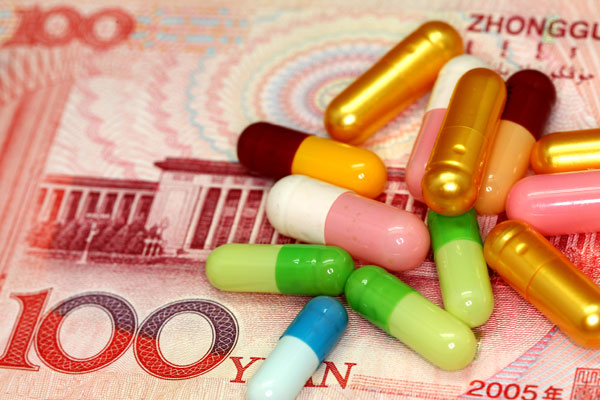
Drug approval and tendering system in spotlight, report He Na and Jiang Xueqing in Beijing, and Han Junhong in Changchun
Sun Xiaoyan used to be a frequent visitor to hospitals, but not as a patient.
She maintains close links with a number of doctors and nurses and warmly calls them "brothers" and "sisters", and her close relatives and friends always get to see a doctor without waiting in line.
The 34-year-old independent pharmaceutical sales representative from Nong'an county in Jilin province knows exactly how China's medical system works, and she also knows how to get rich from it.
However, Sun hasn't visited any hospitals for the past two months. Instead of paying visits or inviting doctors and nurses for dinner or entertainment, she has been killing time at home, watching movies on her computer and playing games on her phone.
She always carries two smartphones in her bag. The one with the white cover is for personal use, while the black one is for work. However, right now Sun has turned off the black phone.
She said she has no idea when she will return to the hospitals, but it won't be until after the "two crackdowns".
The first of the crackdowns Sun mentioned is an anti-corruption campaign aimed at the medical sector. It was started in early July following a scandal involving the Chinese unit of British pharmaceutical giant GlaxoSmithKline, which is being investigated for suspected bribery and tax-related offenses.
An initial police investigation found that GSK China increased its sales by offering bribes to doctors and hospitals, thus pushing up drug prices and undermining patients' interests.
Second, the State Administration for Industry and Commerce announced on Aug 13 that a campaign focusing on illegal competition, especially bribery in the medical industry, will run from Aug 15 until the end of November.
Insiders believe the investigations will initially target foreign pharmaceutical companies before being expanded nationwide.
"I heard that plainclothes police are monitoring major hospitals, and several pharmaceutical sales reps have already been detained," said Sun.
In the wake of the GSK allegations, which the Chinese authorities claim company executives have privately admitted, the National Development and Reform Commission ordered 60 drug manufacturers, including 27 foreign companies, to submit their cost and pricing files for review.
Experts believe that the anti-corruption drive triggered by the case will embrace the medical industry nationwide.
"The allegations of bribery are not intentionally aimed at foreign pharmaceutical companies. No matter if the companies are Chinese or foreign, problems such as this are common in the drug distribution process. That should sound the alarm for all pharmaceutical companies and doctors," said Zhang Yanling, president of the Chinese Medical Doctor Association.
The association is planning to establish a method of evaluating medical practitioners based on their professional ethics. Those found to have seriously violated the code of conduct will be placed on a blacklist and will not be recommended for hire by medical institutions.
|
|
|
|
|
|
|
|
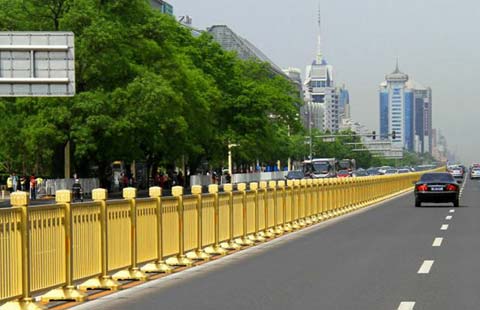
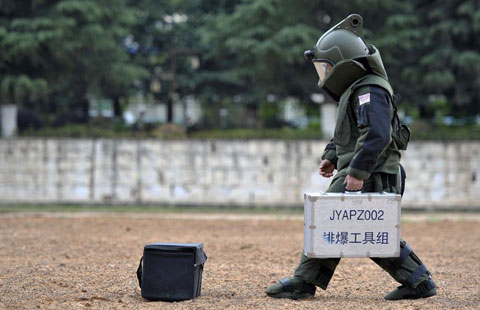
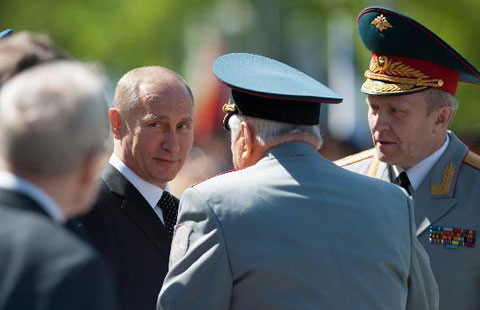
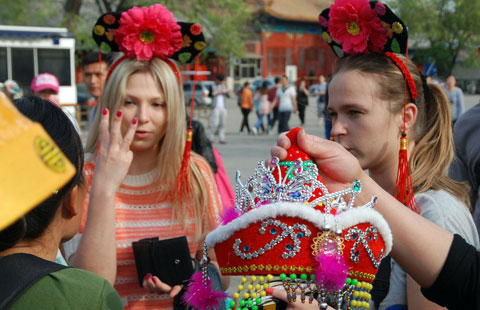

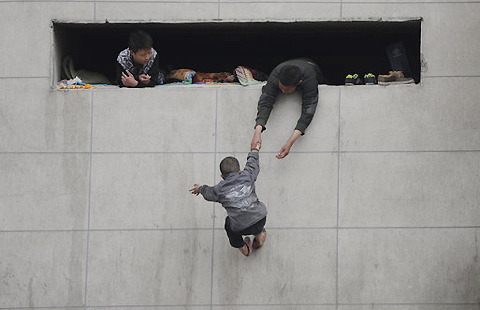

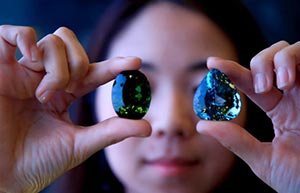
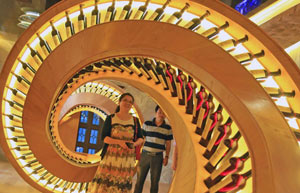
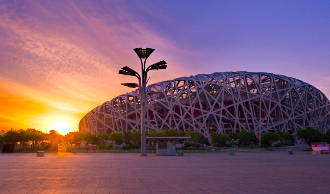
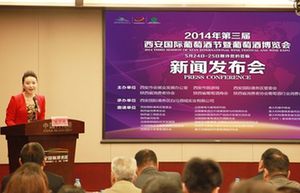
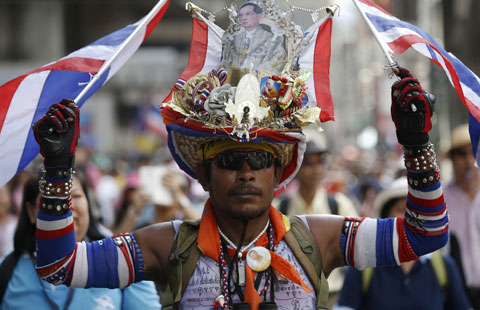






 Op Rana
Op Rana Berlin Fang
Berlin Fang Zhu Yuan
Zhu Yuan Huang Xiangyang
Huang Xiangyang Chen Weihua
Chen Weihua Liu Shinan
Liu Shinan